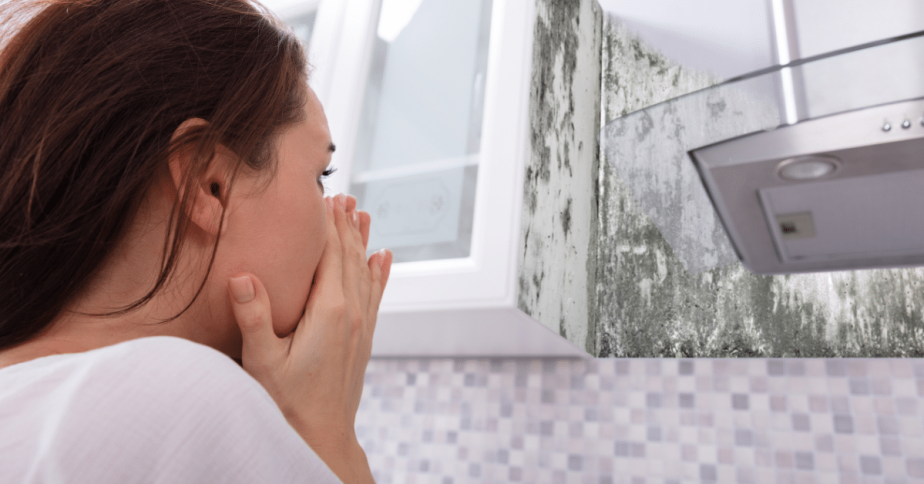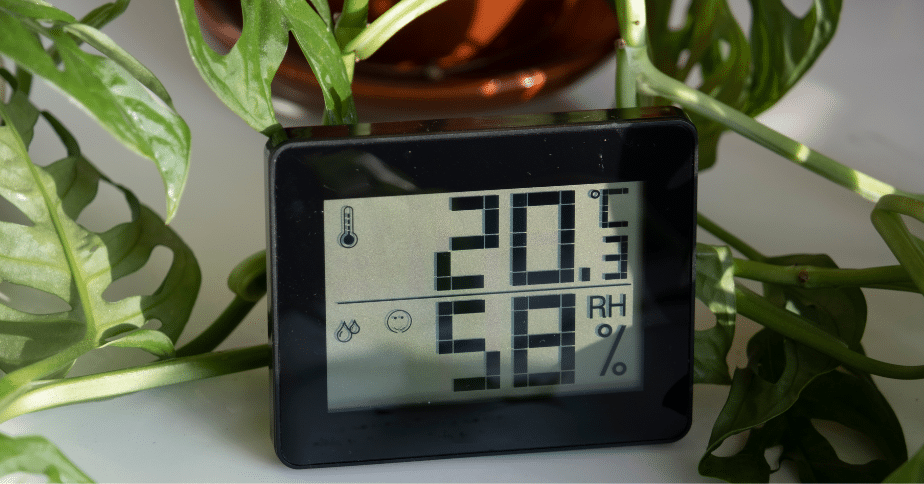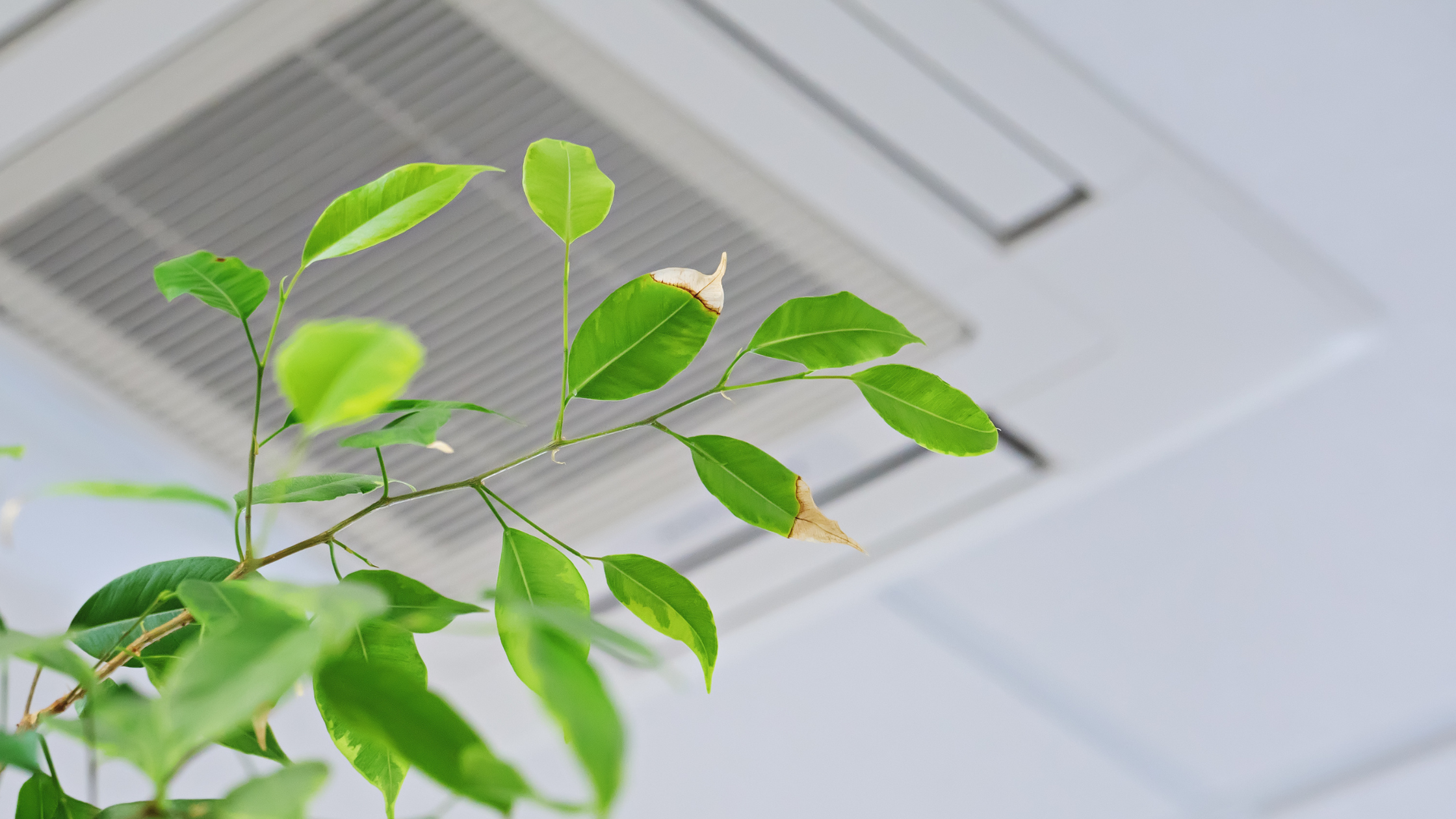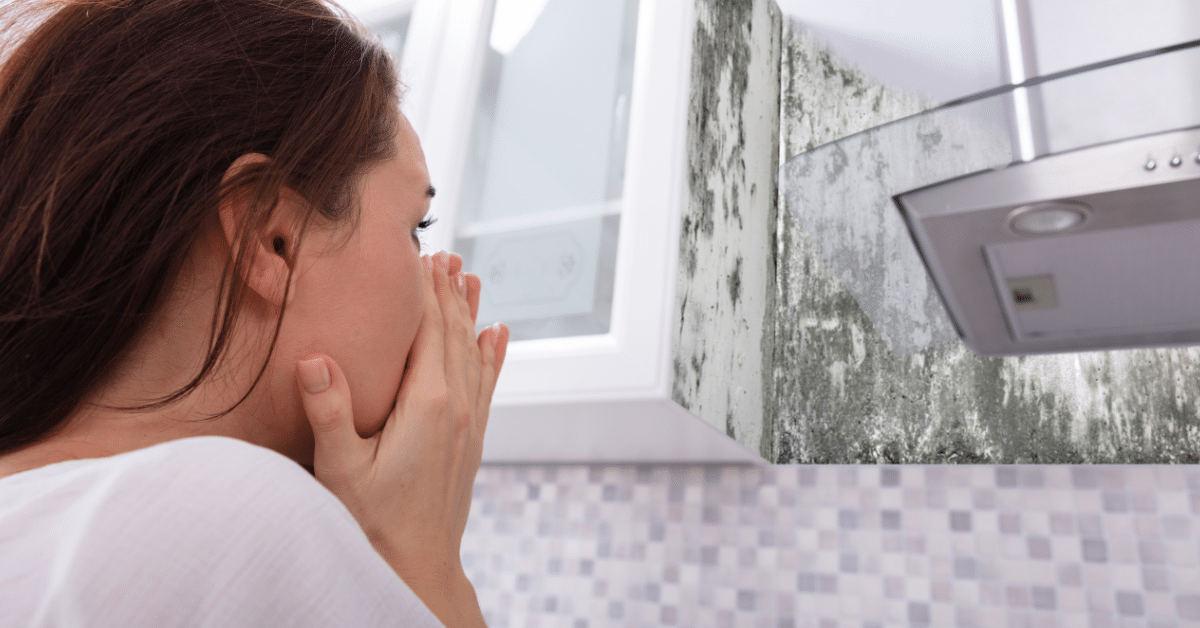How Mold Can Affect Your Health

Got Mold? Don't Panic - We Can Help You Breathe Easier
Mold is sneaky – it loves dark, damp places like bathrooms and basements. And while a little mold here and there may not bother most people, too much of it can take a toll on your health or damage your home.
At Air Quality Assessors (AQA), we want to help you breathe easier. As indoor air quality specialists, we inspect buildings for mold and offer straightforward testing results and remediation protocols. In this article, we’ll chat about what mold is, where it grows, how it affects health, and when to seek out pros like us for testing and removal.
What Exactly is Mold?
Mold is a living organism, a type of fungus that produces tiny spores. It grows into fuzzy patches or layers when the spores land on damp surfaces like:
- Bathrooms – around sinks, showers, tubs
- Basements and crawlspaces
- Poorly insulated attics
- Near plumbing leaks
- Window sills and frames
- Flooded carpet or walls
If you notice odd spots, smell a musty odor, or see mold growth in these moisture-prone areas, you likely have a mold issue.
Signs You Have a Mold Problem
It’s not always easy to spot a mold issue with the naked eye. Mold growth often starts in out-of-sight areas like inside walls or under materials where moisture has accumulated. Luckily, there are some common visible and sensory clues that indicate you likely have uncontrolled mold spreading in your home or business. Being able to recognize these signs early is key to preventing severe infestation, health issues, and costly repairs down the line.
Be on the lookout for indicators like:
- Visible fuzzy growth on walls or wood
- Peeling paint or softened drywall
- Warped surfaces, bubbling carpets
- Strong musty or earthy smell
- Chronic moisture or humidity
Health Issues Linked to Mold
For most healthy folks, a small amount of mold is no big deal. But too much exposure can trigger allergic reactions like:
- Stuffy nose, sneezing fits, wheezing
- Itchy, watery eyes
- Hacking cough, asthma flare-ups
- Rashes or skin irritation
Some toxic molds also make mycotoxins, compounds that lead to symptoms like throbbing headaches, nausea, fever, and fatigue when spores are inhaled. The very young, elderly, and those with lung conditions are most at risk. Tell your doctor if you suspect mold exposure is making you sick.
Mold Can Also Damage Your Home
Letting mold fester puts your property at risk too. Mold roots into porous materials, breaking down surfaces over time. Walls, floors, insulation, and wood can become pitted and warped. Plus mold stains are an eyesore. Catch issues early and remediate them to avoid extensive repairs down the road. We want to keep your investment protected.
When Should I Test My Home for Mold?
While we don’t want you panicking over small spots of mold, extensive growth should be addressed swiftly. Keep in mind, sometimes you’re only seeing the tip of the iceberg, so any concerns should be addressed. Our technicians test indoor air samples and swab any affected surfaces. Testing provides a full picture of mold types, spore levels, and how far the mold has spread.
Knowing exactly what you’re dealing with allows AQA to tailor a targeted treatment plan that drives mold numbers down and keeps it from recurring. Don’t hesitate over cost – mold repairs only get more involved and pricey the longer the fungus takes hold unchecked. Reach out to us at the first signs of trouble.
You Deserve Healthy Air at Home
If your family has allergies/asthma or you simply want some peace of mind about your indoor air quality, contact AQA for mold testing. We serve all metro areas with accurate, affordable assessments. Breathe healthier today – call for a same-day inspection!
Frequently Asked Questions
Confused about mold risks and removal? Here we answer some common queries:
How dangerous is mold exposure?
Most mold is not hazardous to healthy individuals unless exposure is very heavy. However, people with allergies, asthma, young children, and the elderly may react to lower levels. Toxic black mold is most concerning.
When should I hire a professional to test for mold?
If you see visible mold growth beyond small areas, smell a strong musty odor, or are experiencing unexplained health issues, professional testing is recommended. AQA uses advanced methods to identify all mold types present and the needed remediation.
What’s involved in fixing a mold problem?
Mold cleanup depends on severity but usually includes containing affected rooms, scrubbing surfaces, removing damaged materials, drying and dehumidifying, and rechecking spore levels afterward. We tailor plans to your unique situation.
Should I tell my landlord about suspicions of mold?
Yes, alert your landlord right away about visible mold or musty smells from moisture issues. All landlords must provide a mold-free living environment. If they neglect the problem, contact AQA to help you provide documentation of the mold and through the process.
How can I prevent mold growth in my home?
The key is moisture control. Fix plumbing leaks promptly, vent bathrooms and kitchen properly, clean up spills ASAP, and avoid overwatering indoor plants. Dehumidifiers and AC maintenance also help regulate humidity under 50%.
Let AQA Help With Your Mold Problems
Don’t ignore a potential mold issue at your home or business. Mold can seriously impact your health and property over time. Contact AQA today to schedule professional mold testing and get a remediation plan in place. Our experts serve customers statewide with rapid response times. Get in touch today for a healthier indoor environment!



